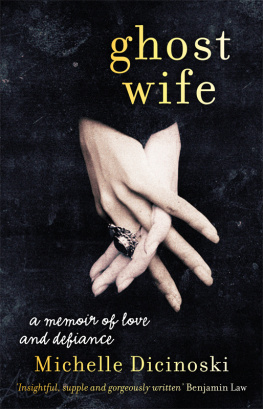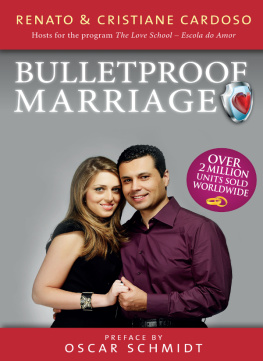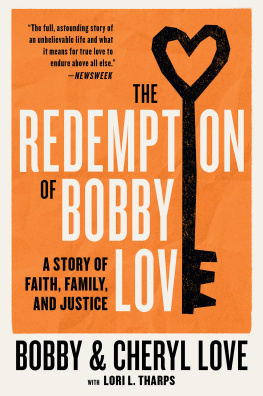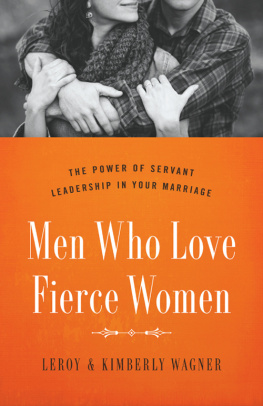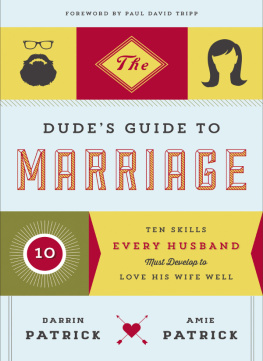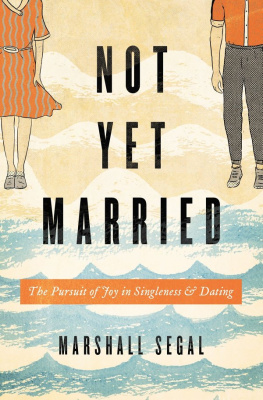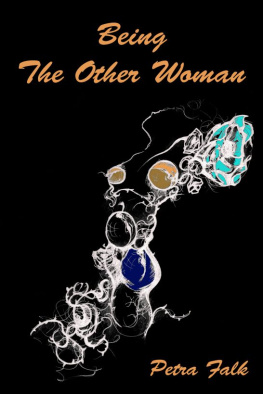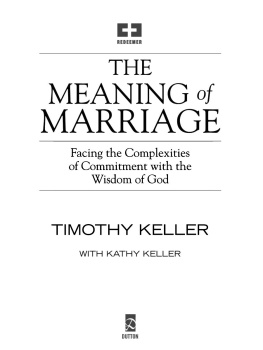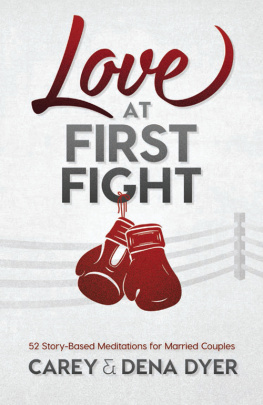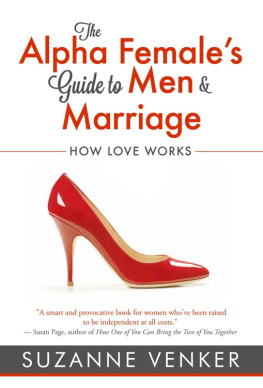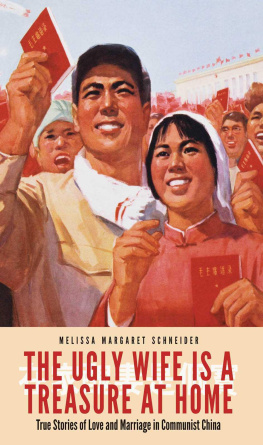All Rights Reserved.
No part of this publication may be reproduced, stored in a retrieval system, or transmitted in any form by any means electronic, mechanical, photocopying, recording or otherwise without the prior consent of the publishers.
Dicinoski, Michelle.
Ghost wife : a memoir of love and defiance / Michelle Dicinoski.
Includes bibliographical references.
Dicinoski, Michelle.
Lesbians--Australia--Biography.
Same-sex marriage--Canada.
Equals Nothing
On our second day in Newburyport, I rugged up and headed over to the public library to write. I had been keeping a blog about our wedding preparations. Whether or not I made a book out of this experience, I figured at least the blog would be a lasting document for Heather and myself as much as for anyone else.
The Newburyport Public Library is a gorgeous red-brick building that was constructed in 1771. Out the front, a sign says that the building was once owned by a merchant named Nathaniel Tracy. In this very building, the sign continues, Tracy entertained George Washington, Thomas Jefferson and John Quincy Adams. History happened here. I was about to discover that, in Newburyport and in New England generally, history seems close to the surface, not buried like so much Brisbane history.
Inside, I logged on to a computer and wrote about meeting Dot, Annie and Jerusha. I wrote about flights, and American donuts, and window-boxes. For me, too, history was happening here. It was just history of a different magnitude. Some peoples lives lead to plaques on buildings. The rest of us the most of us are more easily forgotten. What traces do we leave behind, and wholl remember us when were gone?
As I walked out of the library and through the streets of Newburyport, it occurred to me that I was totally anonymous. Apart from Heather and her family, I knew nobody in this town, no one in this whole country. It was a lonely, electric feeling. What could I do or be here?
I headed through the town, past bookstores and gift stores and restaurants, telescoping out of myself: Here I am, on State Street, Newburyport, Massachusetts, USA, Northern Hemisphere, The World. Time stretched out around me, too. I was there in Newburyport on that particular November day, but it felt that the thousands of histories housed in that place were also present. Despite all the evidence to the contrary, I was beginning to feel as though I was part of it.
*
In seventeenth-century Massachusetts, a place where godliness and chastity are among the highest virtues, many sexual acts are regarded as violations of the natural order and offences against God. Among them is the act of going after strange flesh , defined by a Boston preacher, Samuel Danforth, as filthiness committed by parties of the same sex.
In 1642, a maid appears in court in Essex County, Massachusetts, because she has engaged in unseemly practices by going after strange flesh. Elizabeth Johnson has been caught with another maid attempting to do that which man and woman do. Not only this, but she is also charged with displaying a poor attitude to her mistress, being rude and unmannerly and stopping her ears with her hands when the Word of God was read.
History will not record what Elizabeth says, or what happens to the woman she was caught with, or if for the rest of her life Elizabeth burns with desire every time she thinks of that woman. History will record nothing but the barest of details: the charges that she faces, and her punishment of a severe whipping and a fine.
What can I do with this story? Like so many histories, it is a rag of a story, an oddment from a lost bolt.
Although they fascinate me, what can I really know of Elizabeth Johnson and her lover? What can I call them? Was it possible to be homosexual more than two hundred years before the word was invented?
Can I call Elizabeth Johnson anything at all but wilful and angry and wild and bold?
*
I will always be grateful that my mother loved books. When I was a kid, she would take me on expeditions to the library, and also to a second-hand bookshop around the corner from our first house, before we moved up to the mountain.
The bookshop was the kind of place where you could buy paperbacks, magazines and comic books for fifty cents or a dollar and then trade them back in for spare change. It was a boxy shop with a bare concrete floor, and its darkness provided a welcome respite from the Capricornia heat and dazzling sun outside.
Mum and I would loiter for what seemed like hours among the yellowing pages as we decided which books to take home that day. It was there that I first fell in love with the idea of America, which loomed so large in the childrens books and comics that I read.
While I sat cross-legged on the floor among the stacks in the childrens section, Mum would be collecting an armful of paperbacks among the adult books, some of which were very adult indeed. The 1970s paperbacks had cover photos of women posing awkwardly to show the side of a breast or a naked back. The 1980s paperbacks often had no pictures at all, but the authors names shouted in capitals across the covers: KRANTZ, or COLLINS, or KING.
By the time I was twelve, I was acquiring a sexual education of sorts from these books, which I would sneak out of Mums collection when I thought she wasnt looking. School and my parents hadnt been too forthcoming about the details of sex. I wanted to know how the bodies moved when they did it, and how they got to the point of doing it in the first place.
Around this time, I discovered a couple of sex guides among my mothers collection. I had no idea how dated they were, although the pencil drawings of hippies in The Joy of Sex gave me some indication. The bearded man and hairy-armpitted woman were vulgar and fascinating, and so were the descriptions that accompanied them, set out like a cookbook: Starters, Main Courses, Sauces & Pickles.
Homosexuality appeared in the distinctly unappetising final section, Problems (along with perversion, pain and hairtrigger trouble). And it appeared under the heading Bisexuality. The author explained that most people were bisexual, rather than heterosexual or homosexual. Homosexuality resulted from a turn-off to the opposite sex. Straight man-woman sex is the real thing for most people, it said. Others need something different, but their scope is usually reduced, not widened, by such needs.
Everything You Always Wanted to Know About Sex* (*But Were Afraid to Ask) didnt have illustrations, but it was more shocking. Everything about the book was excessive and terrifying: the title itself, the acid-yellow dust jacket, and the kinds of sexual perversion discussed. The psychiatrist author, David Reuben, described what he had learned from treating all sorts of sexual deviants and neurotics. There was a whole chapter on frigidity and another on male homosexuality.
But where was the chapter on female homosexuality? Lesbians were discussed only in the chapter on prostitution, where I discovered that lesbians are handicapped by having only half the pieces in the anatomical jigsaw puzzle. Just as one penis plus one penis equals nothing, one vagina plus another vagina still equals zero. Reuben described one of his patients, a 27-year-old prostitute named Mary Anne, who apparently told him, Sure Im a lezz and Im not ashamed of it. Ive been in love with girls since I was fourteen I can do more for a girl with my tongue in fifteen minutes than a man can do for her in fifteen years. My mind reeled. Who talked like this? Who was this woman? I could hear her voice in my head, husky and rough. She might have been talking directly to me . Just seeing the spine of that book on the shelf made me feel peculiar.

